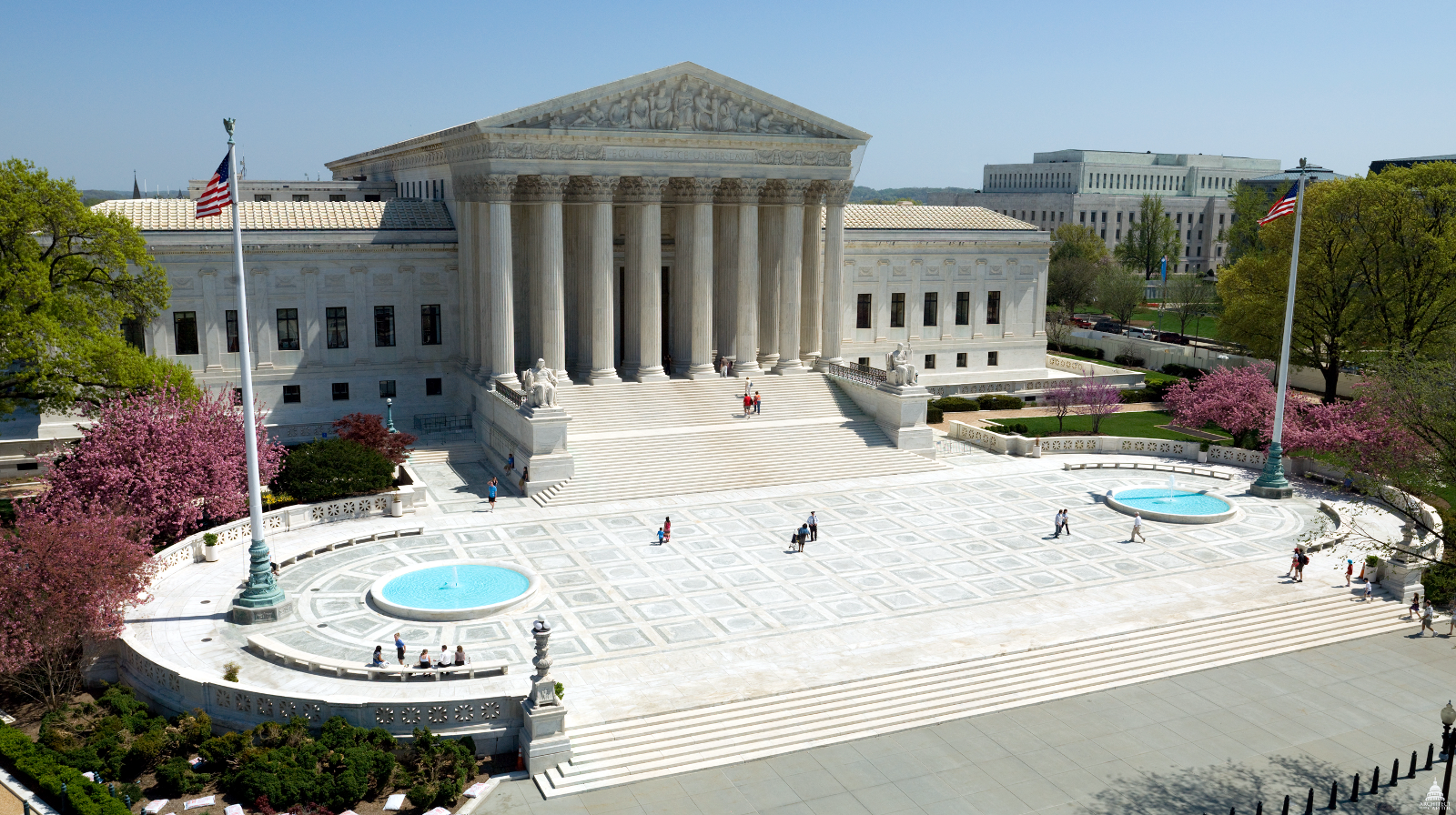
In a 5-4 vote on the case Department of Commerce v. New York, the Supreme Court ruled on June 27 that President Donald Trump’s administration had not cleared the appropriate procedural hurdles to add a citizenship question to the 2020 U.S. Census. The court also found, however, that the Enumeration Clause of the Constitution, which empowers Congress to provide for a census in order to apportion representatives, does not bar the executive branch from adding a citizenship question to the census. This ruling eliminates the census citizenship question for now, but it could be re-added later.
The Libertarian Party holds that the federal government’s current census procedures are unconstitutional, unnecessary, and too expensive. The census is constitutionally limited to collecting only one piece of information about each residence: the number of people living there. Libertarians would therefore omit the citizenship question from the census, but for more fundamental reasons than the court offered.
The Constitution does not empower Congress to collect additional information, such as name, race, age, sex, or home ownership status. Unfortunately, the federal government wants to use that additional information to further expand its control over the lives and money of the American people.
The 2010 Census cost $13 billion. The 2020 Census is expected to cost an eye-popping $15.6 billion. A proper census, limited to just a head count, would be far less expensive.
Many Americans fear that the Census Bureau will not keep their information confidential, and might turn personal details over to other government agencies. This fear is especially pronounced among immigrant communities who may fear for their immigration status, and could have led to a severe undercounting of the population and an incorrect apportionment of congressional representatives.
The Census Bureau promises that it will keep respondent details confidential, but it has broken that promise in the past. As David Kopel of the Cato Institute has pointed out, [ https://www.cato.org/publications/commentary/census-confidentiality-checks-is-mail ] during World War I the Census Bureau handed over lists of names and addresses so the federal government could search for draft resisters. Shockingly, during World War II, the Census Bureau identified which neighborhoods had high concentrations of Japanese Americans and told the Justice Department, which used that information to imprison Japanese Americans in concentration camps.
Rep. Ron Paul, the 1988 Libertarian Party candidate for president, once said, “If the federal government really wants to increase compliance with the census, it should abide by the Constitution and limit its inquiry to one simple question: How many people live here?”

